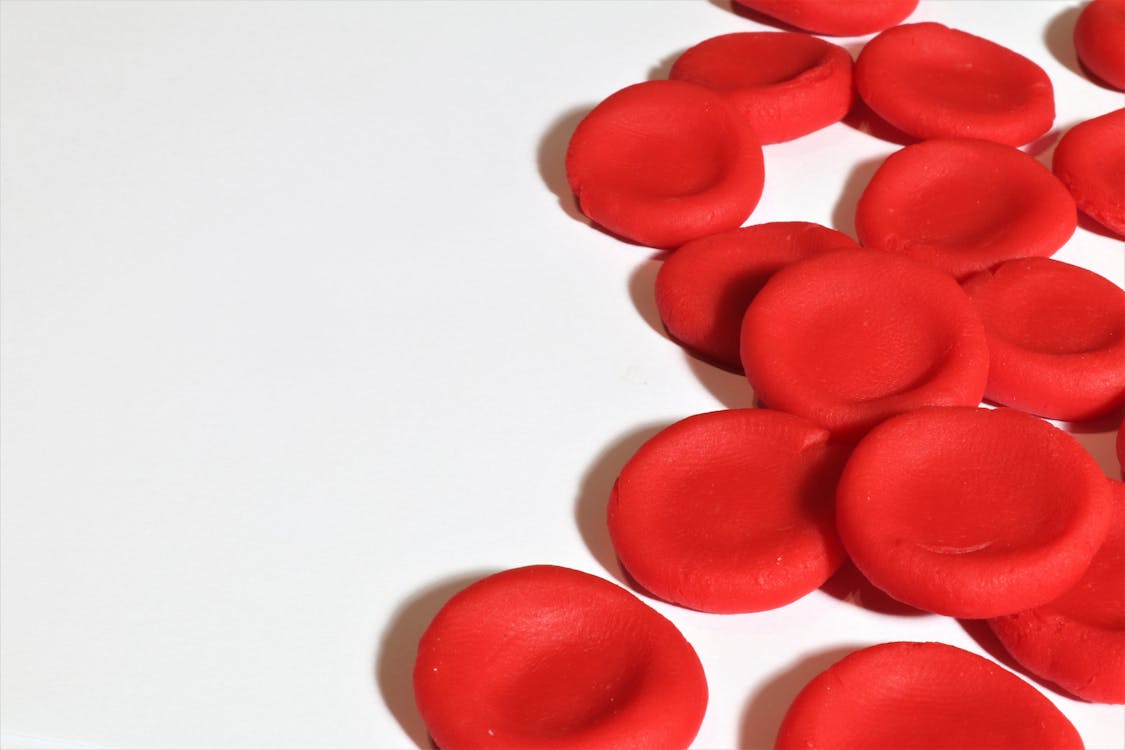Children with low iron content in their bodies might face various physical problems, anaemia being one of them. If the iron content is not up to the level, children can be fatigued and less active. Iron is one of the essential elements in our body, but some kids may face a deficiency of the same. Let’s find out why iron is important for our body, how we can recognise if we have an iron deficiency, and how we can cure it.
Iron is an important element for kids.

As we are all educated, we all know how important oxygen is for our lives. We inhale oxygen every second to keep ourselves alive. The same oxygen flows to our brain and other parts of our body in the form of iron content in the blood. It is also known as hemoglobin, which is mixed with our blood. Iron is responsible for the active working of our brain and body.
Children are very prone to getting iron deficiency during their growth years. It is our duty to check on their health all the time and serve them healthy food so that their development takes place properly.
The amount of iron required by kids
Newly born babies have iron stored in their bodies too, so our doctors recommend a drop of iron daily to our babies to help develop their body and mind steadily.
Below is the recommended amount of iron for our growing kids:
| Age group | Amount of iron / day |
| 7 – 12 months | 11mg |
| 1 – 3 years | 7 mg |
| 4 – 8 years | 10 mg |
| 9 – 13 years | 8 mg |
| 14 -18 years (girls) | 15 mg |
| 14 -18 years (boys) | 11 mg |
Symptoms of iron deficiency

Iron deficiency can lead our kids to be less active both physically and mentally. Children’s iron levels should be checked on a regular basis because they are more susceptible to iron deficiency than adults.Also, anaemia is the only way through which we come to know whether our kids are having iron deficiency, but the question is why wait for that stage to come? There are other symptoms too, which can help us understand if our kids are suffering with iron deficiency and what they are:
- pale skin
- are always tired or fatigued.
- poor appetite or not wanting to have healthy food.
- Behavioural problems
- Growth and development are not proper.
- Breathing rapidly or heavily
How to prevent iron deficiency:
Newly born babies

Newly born babies are generally breast fed, but it would be good if you could talk to your baby’s paediatrician to understand if they require an iron supplement. Mostly, babies are given iron drops to keep their iron content at a level. Babies having formula food must be served with iron-fortified formula food, which keeps their iron content in check.
Premature babies
As we all know, premature babies are not fully grown, so it is recommended to give them iron supplements when they are two weeks of age. They are given iron supplements until they are one year old. they can have iron-fortified formula food which will help them grow normally.
Serve iron-rich food.
Foods like spinach, beans, meat, fish, etc. are overloaded with iron content. Serve your babies or kids with iron-rich foods. This will help their bodies get the proper amount of iron and grow normally.
Avoid giving too much milk.
Two glasses of milk a day is enough for a growing child. Don’t overdo milk so that they can have other healthy foods as well.
Conclusion

Too much of everything is bad. Now that you know that iron is one of the important elements in your body, do not overdo it. Maintain the iron content by feeding your children an iron-rich diet, and if you suspect that the iron content is low, have your child checked by a pediatrician.


